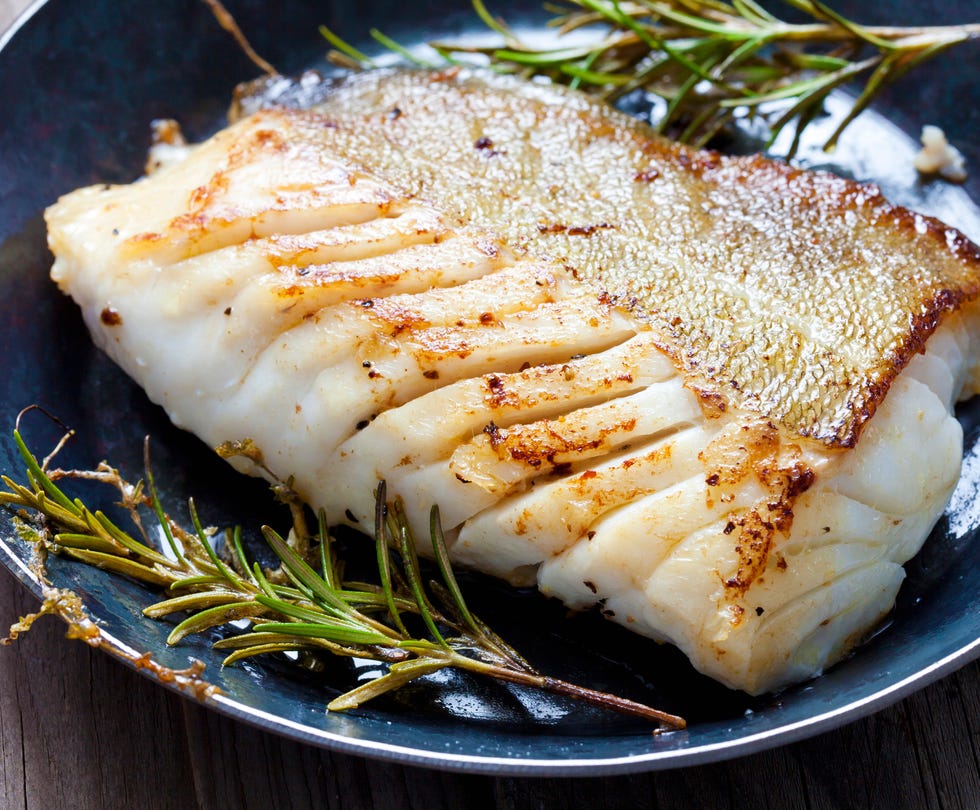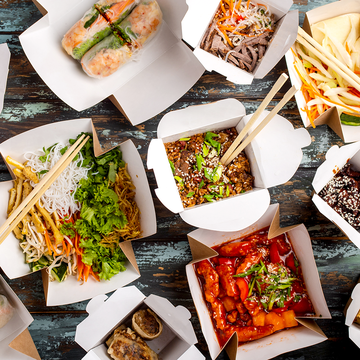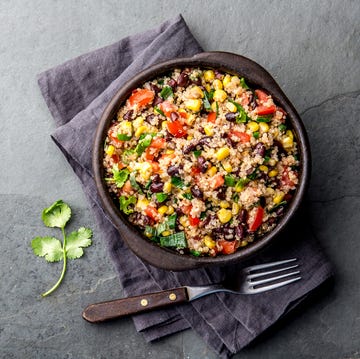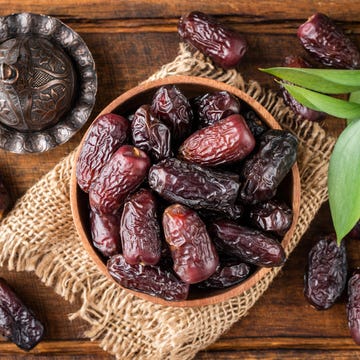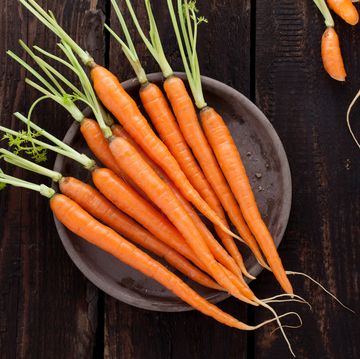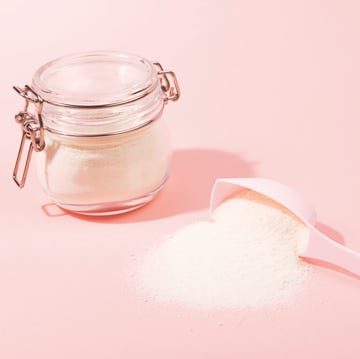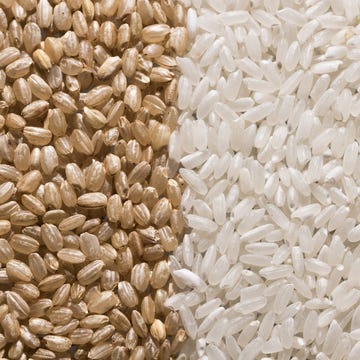12 Best Foods for Healthy, Glowing Skin at Any Age
Registered dietitians share the superfoods that are scientifically proven to help you achieve a clear complexion.
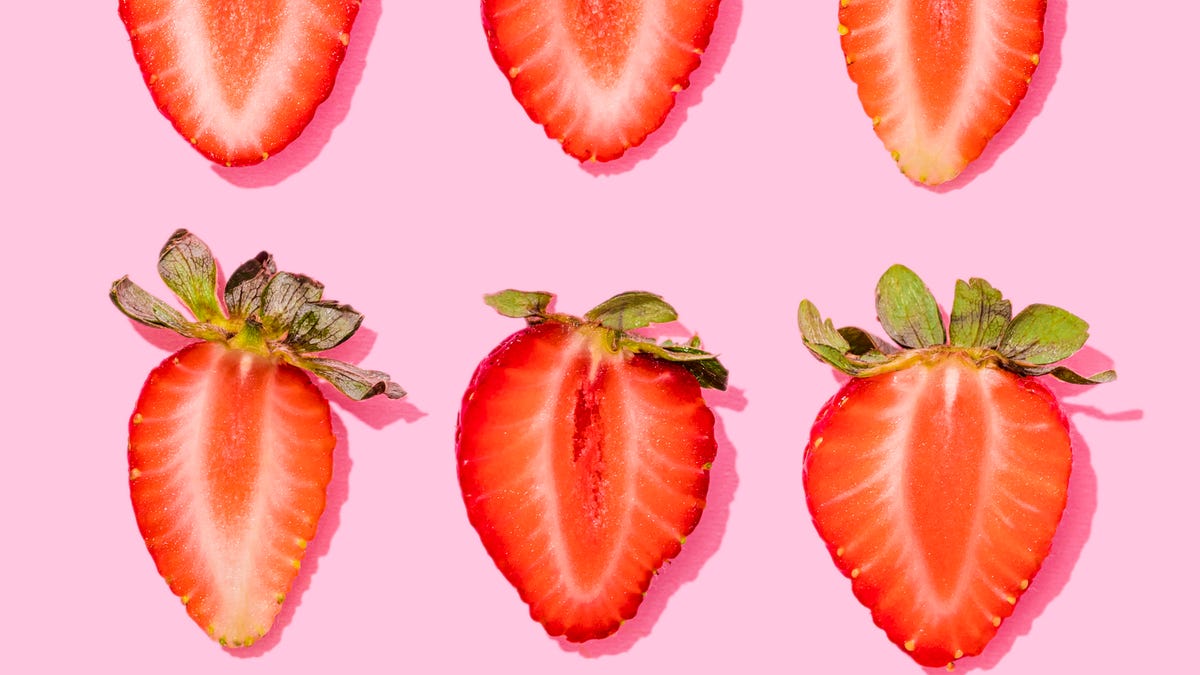
While we can't stop the natural aging process, our lifestyle choices can play a significant role in maintaining healthy, glowing skin. Avoiding excess sun exposure, wearing sunscreen, drinking less alcohol and not smoking are the most crucial steps to take in protecting and healing your skin. Healthy habits like getting regular exercise and staying hydrated can also help promote a beautiful glowing complexion in addition to overall health and wellness. But one of the most satisfying ways to slow premature aging is to eat delicious foods full of nutrients that work together to support and maintain the daily functions of the skin.
A general rule of thumb when it comes to understanding the best foods for healthy skin is to shift towards eating more of a Mediterranean-style diet. Known for its emphasis on antioxidant-rich foods, a Mediterranean diet includes a variety of beneficial nutrients that can function as bodyguards to skin cells and protect them from damage. Foods packed with water, like the fruits and vegetables abundant in a Mediterranean diet, can help hydrate the skin. Probiotic-rich ones like Greek yogurt can provide beneficial bacteria to support a healthy gut, which is vital to maintaining healthy skin.
With that in mind, here are the best foods to eat for healthy skin at any age, according to registered dietitians:

A registered dietitian with a Bachelor of Arts degree from Northwestern University and a Master of Science degree in Clinical Nutrition from New York University, Jaclyn “Jackie” London handled all of Good Housekeeping’s nutrition-related content, testing, and evaluation from 2014 to 2019. Prior to joining GH, she was a clinical dietitian at Mount Sinai Hospital. Jackie has also appeared as an expert guest on The Dr. Oz Show and The Today Show. She is also author of the book Dressing on the Side (and Other Diet Myths Debunked).
Stefani (she/her) is a registered dietitian, a NASM-certified personal trainer and the director of the Good Housekeeping Institute Nutrition Lab, where she handles all nutrition-related content, testing and evaluation. She holds a bachelor’s degree in nutritional sciences from Pennsylvania State University and a master’s degree in clinical nutrition from NYU. She is also Good Housekeeping’s on-staff fitness and exercise expert. Stefani is dedicated to providing readers with evidence-based content to encourage informed food choices and healthy living. She is an avid CrossFitter and a passionate home cook who loves spending time with her big fit Greek family.
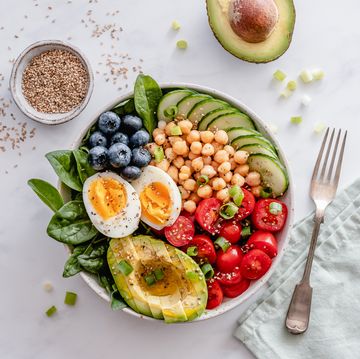
Try These Healthy Foods for Weight Loss
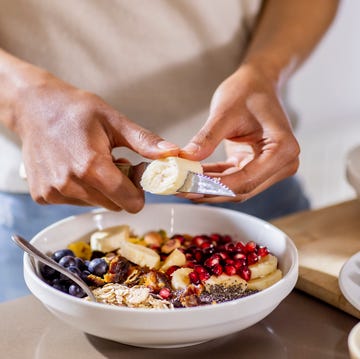
What to Eat for Breakfast to Feel Your Best
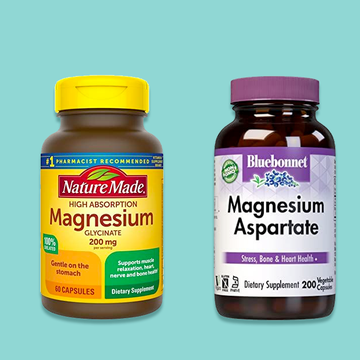
The Best Magnesium Supplements

The Ultimate Cheap Grocery List


